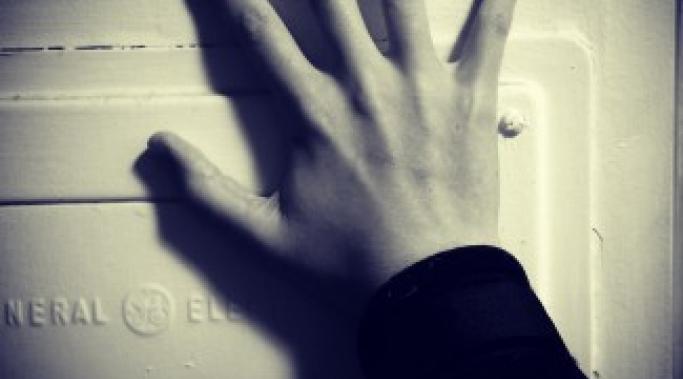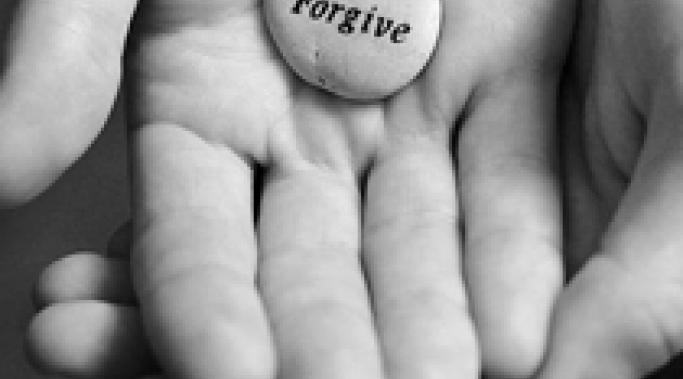It’s okay -- and sometimes necessary -- to set functional boundaries with people suffering from borderline personality disorder (BPD). Read about setting boundaries with borderline personality disorder sufferers (Setting Functional Boundaries).
BPD and Relationships
Believe it or not, you can embrace the benefits of borderline personality disorder (BPD). Borderline sufferers know the drawbacks of the diagnosis. On top of experiencing the difficult symptoms firsthand, we're also bombarded with BPD stigma, insults, premature judgment and ostracization. Most of what’s written about BPD is negative in nature -- borderline sufferers are portrayed as dangerous, irrational, impulsive, and hopeless. This is not one of those articles. This article is about embracing the benefits of borderline personality disorder.
Romantic fantasization is a common feature of borderline personality disorder (BPD). The unpredictable emotional state associated with borderline personality disorder can cause confusing fluctuations in how borderlines view their romantic partners. Why is romantic fantasization in BPD followed by equally intense devaluation and what can we do to stop it?
BDSM and alternative sex have been hot topics in the wake of 50 Shades of Grey. Joining the terms B & D (bondage and discipline), D/S (domination and submission), and S & M (sadism and masochism), BDSM describes a wide variety of erotic practices and alternative sex. Proponents of BDSM say that mutual consent distinguishes it from crimes such as sexual assault and domestic violence. Not only is BDSM not pathological, they say, but it can even be healthy, therapeutic, and rewarding. The issue is far too complex to discuss in its entirety here, so I wish to make only a couple narrow points, especially as they pertain to alternative sex, BDSM and people with borderline personality disorder (BPD).
I asked my Facebook friends what they wanted to know about borderline personality disorder (BPD). Someone asked:
"I'd like to know how does one discover or come to terms with being BPD? It took me years to learn of my depression, and I would assume one doesn't always know they have BPD - so how do they find out? And once they find out, then what?"
While not one of the nine criteria for a diagnosis of borderline personality disorder (BPD), selfishness can be a symptom of the disease. Selfishness interferes with healthy relationships, worsens risky behavior and worsens addiction--all symptoms of BPD. How do we know when we're being selfish? There are three questions to ask.
Recently I was talking to a volunteer from a domestic violence shelter and I asked if calls had increased since the Ray Rice video was made public. The answer was yes, because awareness was being raised. According to HealthyPlace, women with mental illness are at a greater risk of being abused. So I decided to write about signs of an abusive relationship, how domestic abuse can affect a person with borderline personality disorder (BPD), and the warning signs of an abusive relationship via the Domestic Violence Screening Test.
Romantic relationships are difficult enough without mental illness entering the equation. But when one or both of the people involved has borderline personality disorder (BPD), relationships can become sheer hell. I live with BPD and was once in a romantic relationship with a man who had BPD and bipolar disorder; it was probably the biggest mistake I ever made. That said, I learned a lot from it.
As a sexual assault survivor, I have an interest in cases of rape that make the news. Recently, here in Indianapolis, a man was convicted of several sex offenses, including rape. But there was no justice--the male judge looked at the victim and told her she had to forgive her attacker and move on, then sentenced her rapist to eight years of house arrest.
That judge has no idea what he asked her to do. But it raises an important question: Can we forgive when there is no justice?
According to HealthyPlace.com (What Is Borderline Personality Disorder?), borderline personality disorder (BPD) can be caused by abuse or neglect by a caregiver. As a child, I experienced both. It was so bad that I went to college one thousand miles away from home. My goal was to get as far away as possible.
But people can change. My parents and I now have a great relationship, in spite of my BPD.









